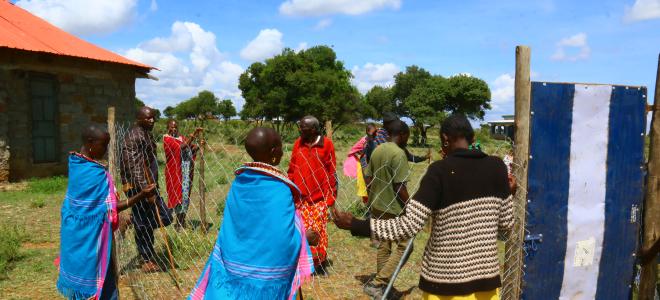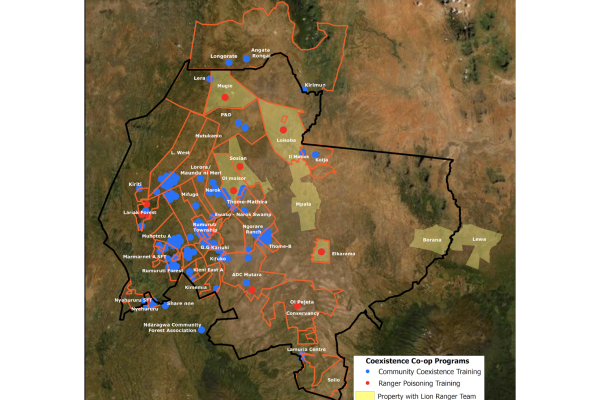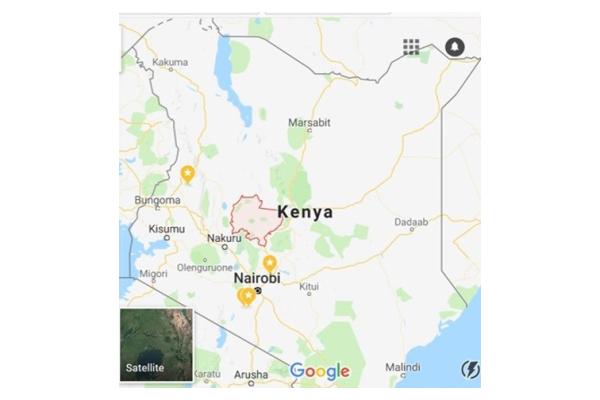In arid northern Kenya livestock sustains families and its loss due to predation results in severe financial hardships for subsistence farmers. Aggrieved farmers retaliate against carnivores by lacing carcasses with highly toxic pesticides to eliminate offenders, often lions and hyenas. But poisons kill indiscriminately, and their use devastates entire scavenger communities. Vultures are disproportionate victims and African populations have crashed by 80% or more over three generations, due primarily to the retaliatory poisoning of carnivores. The Coexistence Co-op represents a novel partnership between The Peregrine Fund and Lion Landscapes designed to reduce human-carnivore conflict and curtail the retaliatory poisoning of carnivores, which indiscriminately kills critically endangered vultures, eagles and a number of other wildlife species.
Our Impact: 818 predator-proof bomas (livestock corrals) built, 92% success rate of predator-proof bomas
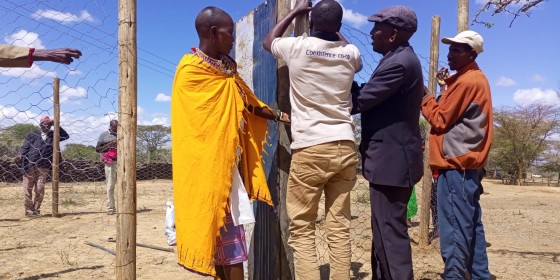
Martin Odino
Africa's Raptors are in Crisis
Our Solutions
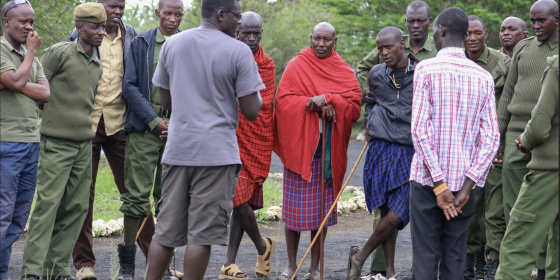
Darcy Ogada
Our Solutions
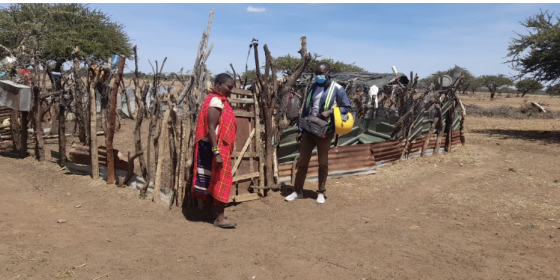
Rosebell Otieno
Our Solutions
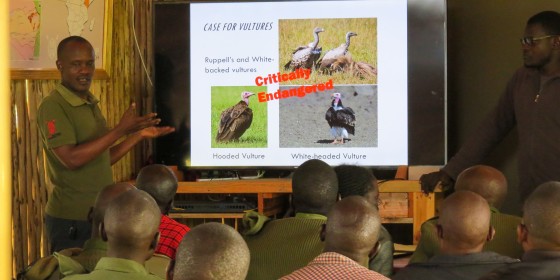
Darcy Ogada
Our Solutions
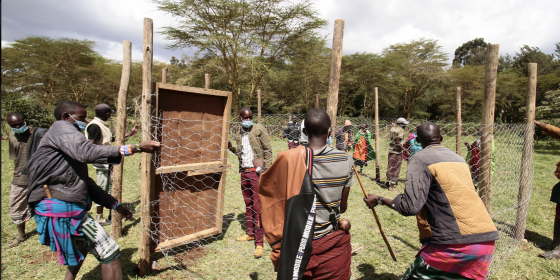
Martin Odino
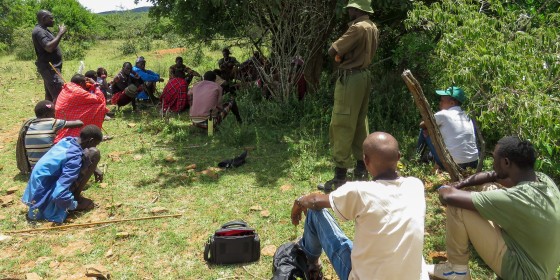
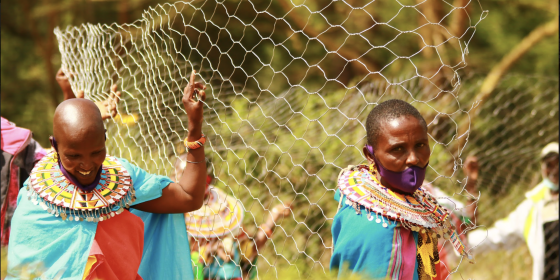
Martin Odino
